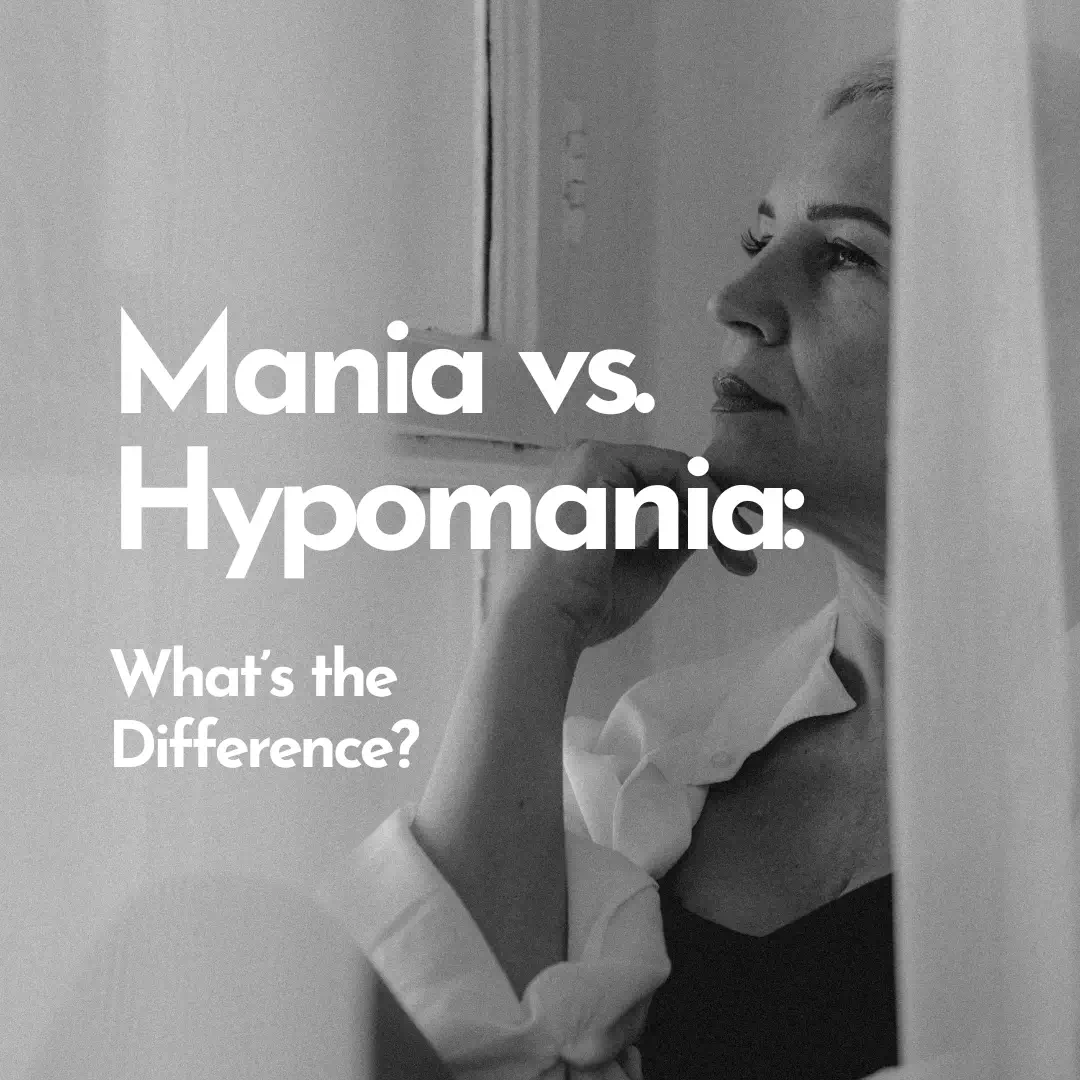In my sessions, patients are always wondering, “How do I know if my psychiatrist is the right fit?” or “Where do I even start looking for someone who gets bipolar disorder?” It’s a great question—and an important one. Finding a good prescriber (like a psychiatrist or nurse practitioner) is essential for managing bipolar disorder. After all, they’ll be the one helping you navigate the highs, the lows, and everything in between with the right medication plan.
Let’s talk about how to find a prescriber who’s not just good, but great for you.
Why Choosing the Right Psychiatrist Matters
Medication is often a critical part of bipolar disorder treatment, but it’s not one-size-fits-all. You need a prescriber who’s experienced, listens carefully, and works collaboratively to find the best approach for you. A good psychiatrist will:
- Take the time to understand your symptoms and medical history.
- Explain why they’re recommending specific medications.
- Adjust your treatment plan based on your feedback.
This isn’t just about expertise—it’s about feeling heard, respected, and supported. If your prescriber isn’t ticking these boxes, it might be time to look elsewhere.
How to Find a Great Psychiatrist
Start with Recommendations:
In my rooms, patients often share that they found their prescriber through referrals. Ask your GP, therapist, or trusted friends for recommendations. Personal endorsements can save you from a lot of trial and error.
Check Their Experience:
Not all psychiatrists specialise in bipolar disorder. Look for someone who has experience treating mood disorders, as they’ll have a deeper understanding of the unique challenges involved.
Ask About Collaboration:
A great psychiatrist is willing to work collaboratively with your care team. Whether it’s coordinating with your GP, psychologist, or other specialists, teamwork ensures everyone is on the same page. Ask if they’re open to sharing updates and insights with your other providers—it’s a good indicator of their commitment to comprehensive care.
Consider Other Diagnoses or Comorbidities:
If you have additional diagnoses or comorbidities, such as ADHD, anxiety, or addiction, it’s crucial to find a psychiatrist who’s comfortable and experienced treating these conditions as well. Bipolar disorder rarely exists in isolation, and managing co-occurring conditions effectively requires a nuanced approach. Ensuring your psychiatrist is skilled in these areas will provide you with comprehensive care and help avoid treatment conflicts or oversights.
Check Admitting Rights (Especially for Bipolar I Patients):
If you have Bipolar I and experience regular psychiatric hospital stays, it’s essential to know which private or public hospitals your psychiatrist has admitting rights to. This ensures continuity of care if you’re hospitalized and allows you to maintain access to the psychiatrist who knows you best.
Read Reviews:
Online reviews can give you insights into other patients’ experiences. Look for mentions of good communication, empathy, and responsiveness.
Consider Practicalities:
Is the psychiatrist accepting new patients? Do they offer telehealth options? Are they in-network with your insurance? These logistical details can make a big difference in your experience.
Trust Your Gut:
After your first session, ask yourself: Did I feel comfortable? Did they listen to me? If the answer is no, don’t be afraid to keep looking.
How to Maximise Every Appointment
Finding the right prescriber is just the first step. Making the most of your sessions is just as important. Use an appointment checklist to ensure you cover everything you need to discuss—medication effects, mood changes, and any concerns or questions you have.
To help you get started, download the My Bipolar Therapy Session Note Taker here for free. This simple tool will keep your thoughts organized and ensure you never miss a crucial detail.
Why It’s Worth the Effort
Finding a great psychiatrist might take time, but it’s worth it. The right prescriber can make all the difference in managing your symptoms and helping you feel like you again. Remember, this is a partnership. You deserve a provider who listens, cares, and works with you and your entire care team to find the best path forward.
Ready to build your dream team? Let’s work together to find the strategies and resources that will help you thrive. Book a session today, and let’s get started! 💡




